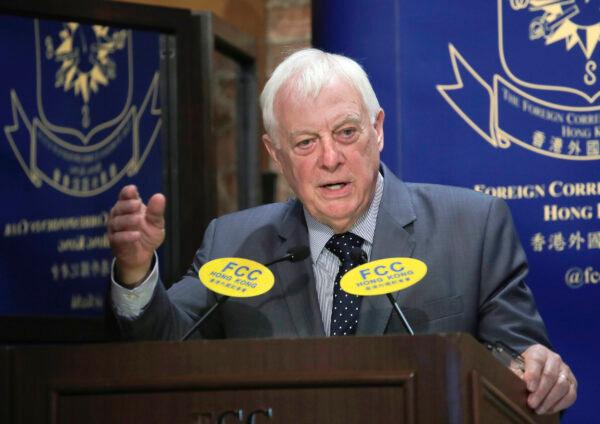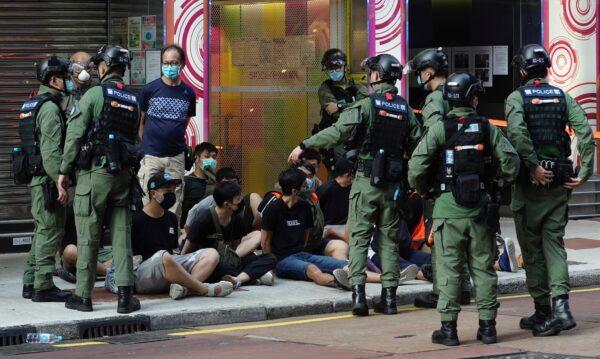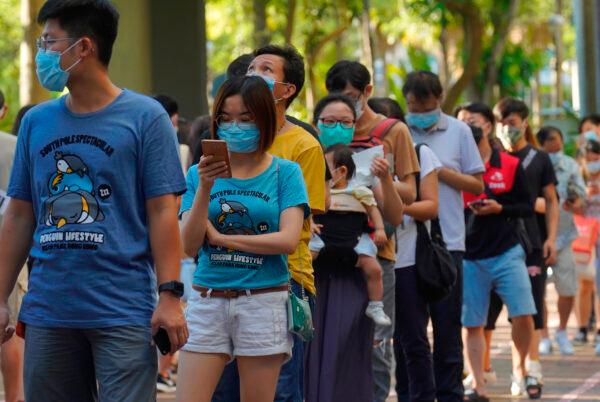On March 11, the final day of the annual plenum of the National People’s Congress (NPC), 2,895 delegates voted in favor of the electoral overhaul with zero against and one abstention.
The electoral changes will further reduce democratic representation in the former British colony and introduce a mechanism to vet politicians’ loyalty to the Chinese regime and make sure that only “patriots” are allowed to rule Hong Kong.
British Foreign Secretary Dominic Raab called the move “the latest step by Beijing to hollow out the space for democratic debate in Hong Kong.”
The measures will alter the size and composition of Hong Kong’s legislature in favor of pro-Beijing politicians.

Currently, half of the 70 seats in the Legislative Council, known as LegCo, are directly elected. The other half of the body represents industries, unions, and professions and is largely stacked with pro-Beijing figures.
Beijing will increase the size of the legislature to 90 seats, adding 20 unelected seats and shrinking the proportion of directly elected lawmakers.
The electoral committee tasked with selecting the chief executive was also enlarged to 1,500 from 1,200 members, and was given new powers to select many of the legislators.
A new mechanism will be set up to vet candidates and screen election winners’ behavior to make sure only those seen as “patriots” loyal to the Chinese Communist Party are allowed to rule Hong Kong.

Hong Kong Chief Executive Carrie Lam expressed her “staunch support” for the new measures and “sincere gratitude” to Beijing.
The overhaul is aimed to get the city “back on the right track,” she said in a statement.
Beijing had promised universal suffrage as an ultimate goal for Hong Kong in its mini-constitution, the Basic Law.
But the regime has refused to grant more democracy to the city, and has instead been tightening its authoritarian grip following the imposition of a national security law in June 2020.
The objective behind the vote was for the camp to field the most promising candidates to run for legislative office—ultimately with the goal to secure a majority or more than 35 seats in LegCo.

The Hong Kong government announced later that the elections would be postponed for one year.
Patten said Beijing had broken all its promises.
“The Chinese Communist Party has shown the world once again that it cannot be trusted. It is a continuing and brutal danger to all who believe in free and open societies,” he said.
Benedict Rogers, a British human rights activist and chief executive of NGO Hong Kong Watch, again urged the UK government to take further actions against the Chinese regime.





